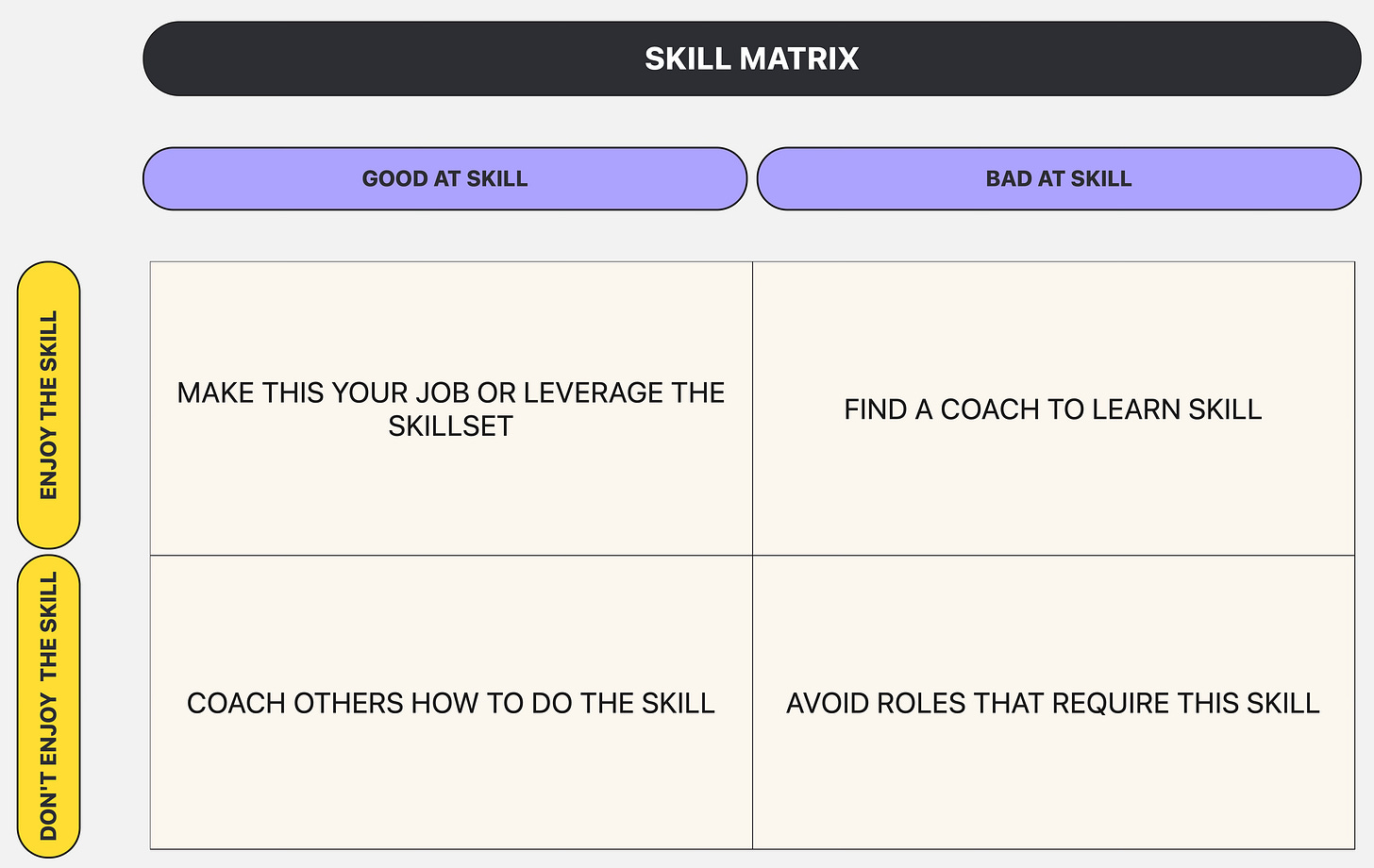The Courage to Start
A Lesson in Skill Development
I've always harbored a secret desire to be a writer. As a kid, I filled notebooks with stories that invariably began with "It was a dark and stormy night..." Not exactly original, I know. But somewhere along the way, I convinced myself I wasn't good enough and had nothing worth saying. It's a story I told myself for years.
A few years ago, Jackie gifted me the book "On Writing" by Stephen King. I'm a big Stephen King fan, and after reading, I was inspired to pick up the proverbial pen. But I didn't. I still had no idea what to write about.
Recently, though, I've had a change of heart. I realized that if I never begin, I'll never improve. I read two great books: "Show Your Work" and "Steal Like an Artist" by Austin Klein. He talks about not waiting until you are ready to get started in your art. Your true self and voice will be found through your art.
So here I am, summoning the courage to be vulnerable and share my experiences with you. I may have room for improvement, but I'm committed to staying true to myself and growing with my audience. And what better way to start than by sharing a powerful tool that has helped me navigate my career journey? Let me introduce you to the Skills Matrix.
Introducing the Skills Matrix
In my journey of self-improvement and career development, I've discovered a powerful tool to help navigate your professional lives more effectively: the Skills Matrix. This simple yet insightful framework helps determine which roles to pursue or avoid, which skills to develop, and where you might need mentorship.
The Skills Matrix consists of four quadrants:
Leverage It: Skills you're good at and enjoy
Improve It: Skills you enjoy but need to develop
Coach Others: Skills you're good at but don't enjoy
Avoid It: Skills you neither excel at nor enjoy
Let's dive deeper into each quadrant with some real-world examples.
Understanding the Skills Matrix Quadrants
1. Leverage It
This is your sweet spot - when you're good at a skill and enjoy it. Look for roles that maximize these strengths.
Examples:
A detail-oriented problem-solver who loves coding should pursue software engineering.
An excellent communicator who enjoys building relationships should consider sales or business development.
Someone skilled in strategy and ad creation might thrive as a Marketing Specialist or Director.
2. Improve It
If you enjoy a skill but aren't proficient yet, this is where you should invest in improvement or find a coach. Your passion is the perfect foundation for growth.
Example: Howard Schultz and Starbucks
Howard Schultz, Starbucks's founder, perfectly illustrates the "Improve It" quadrant. In 1983, Schultz, then in sales, envisioned coffee shops as America's "third place" - a concept inspired by Italian cafes. This "third place" would be where people spend most of their time besides home and work. The traditional third place at the time was bars, you know, a place where everyone knew your name and you could hang out with people who looked like this:
Schultz had visionary leadership and sales skills but needed to develop in finance, capital raising, and scaling operations.
So, what did he do? He got to work:
He focused on building retail management and supply chain logistics skills.
He dove into finance, learning to raise capital and manage growth by hiring experts in these fields.
Most importantly, Schultz was fearless in admitting where he had gaps and worked to fill them.
Schultz didn't do it alone - he surrounded himself with mentors and built a team that complemented his strengths and filled his weaknesses. The result? Starbucks became a global brand that redefined coffee culture in America. Unfortunately, that coffee culture has turned mostly into caffeinated sugar water, but I digress.
3. Coach Others
Consider teaching or mentoring others when skilled in an area but prefer to avoid hands-on work.
Example:
In my first job out of the Army as a Project Engineer, I excelled at building things and leading teams but quickly discovered my disdain for administrative work and detailed planning. I recall being handed a project that required meticulous paperwork and intense planning. It was draining. I was constantly distracted, thinking about how much I preferred building things and leading teams.
Eventually, I realized that while planning was essential, my real passion and strength were in leading and mentoring others to action. I pivoted into a leadership role where I could focus on coaching and managing other Project Managers, allowing me to develop others in areas I didn't enjoy myself.
This experience taught me the importance of understanding my skills and preferences, and being brutally honest about what I didn't enjoy. It was crucial for finding my fit.
4. Avoid It
If you neither excel at nor enjoy a skill, avoiding roles heavily relying on it is best.
Examples:
Someone who dislikes data entry and complex financial analysis should refrain from accounting and finance roles and explore creative or strategic positions.
A person who finds communication challenging and dislikes constant interaction should avoid sales roles and consider more analytical or independent positions.
Applying the Skills Matrix to Your Career
To use the Skills Matrix effectively:
List the essential skills you use consistently (writing, planning, coding, etc.) and rate them on proficiency and enjoyment.
Place each skill in the appropriate quadrant.
Reflect on your current role. Does it align with your "Leverage It" and "Improve It" skills?
Identify areas for personal development or potential career shifts.
Consider how you can eliminate, delegate, or minimize tasks in your "Avoid It" quadrant.
Your Turn: Reflect and Act
Take a moment to consider:
What are your top three "Leverage It" skills?
Which skill in your "Improve It" quadrant would most benefit your career if developed?
Can you find coaches to help build the skills in the “Improve It” quadrant?
Are there any skills you're currently using that belong in your "Avoid It" quadrant?
Understanding your skills and preferences is the first step towards a more fulfilling career. Like Howard Schultz, feel free to acknowledge your gaps and work on filling them. Your dream job - one where you excel and enjoy your work - might be just a skill shift away.
Remember, if you stay true to yourself and focus on developing your unique skill sets, your audience (or career) will naturally grow with like-minded people. The key is to start now, be courageous, and keep improving.
Leverage your Skills Matrix to guide your career journey. Your future self will thank you for it.
Don’t get captured,
Connect with Zach
Provide Feedback
Also, Check out the Prof Z Project Library, where I have added many resources (books, tools, articles, and podcast recommendations) for different topics such as entrepreneurship, leadership, operations, finance, personal development, real estate, and even health and fitness. It's a free resource, so enjoy a single location for useful things I have found. Send me a message with any suggestions to add to the library.





Great article Zach!